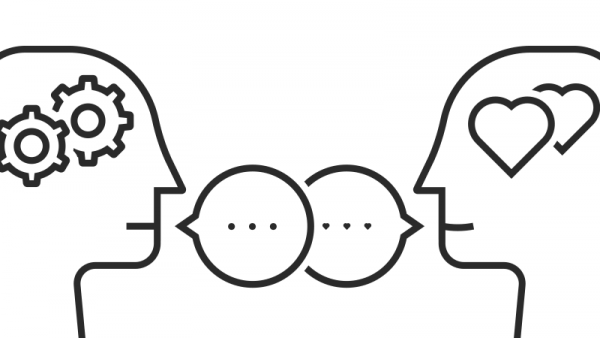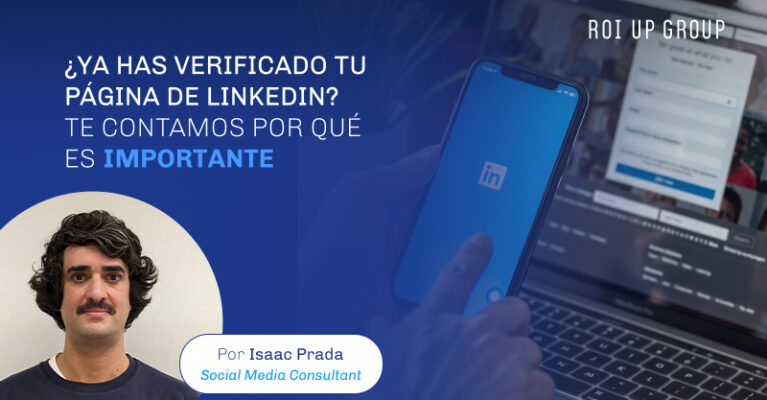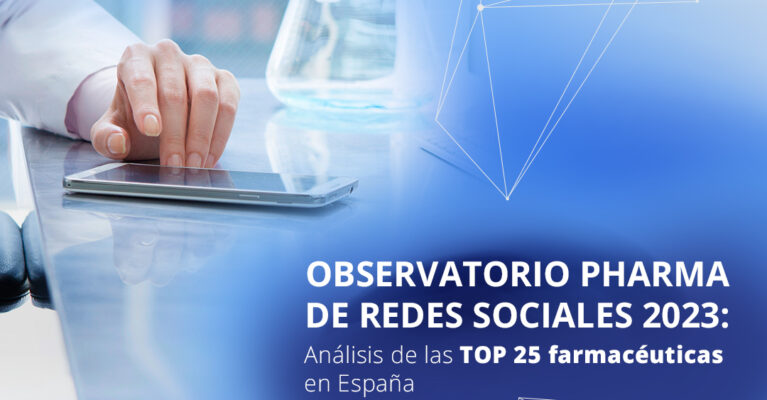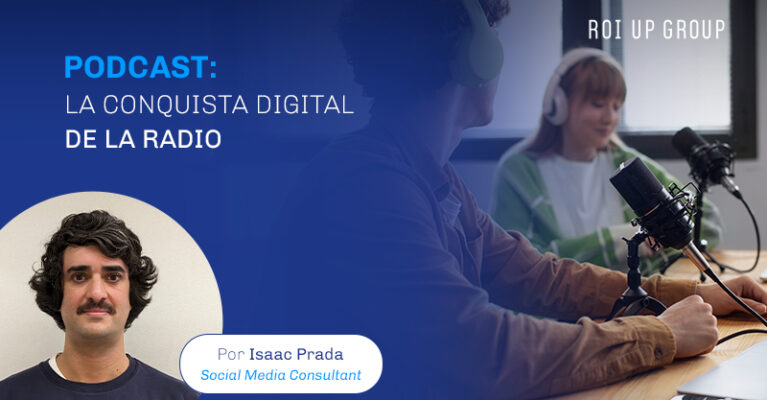
Nowadays, terms such as personal branding, influencer, or engagement are commonplace in everyday life. It is just a sample of the important role that marketing plays in today’s society. It is no longer only related to products, but also directly associated with people. Personal branding is a resume, but better. An influencer is like that person who appears in the dishwasher advert and says “I don’t buy another one”. They are all reflections of a constant evolution, more than necessary in the world of advertising, where “renew or die” is the obligatory mantra.
And from this need for renewal comes the need to understand people more than ever. Because, at the end of the day, advertising (and everything that surrounds it) is made by and for them.
For years, the real and tangible advantages of the products being sold have been squeezed to the maximum. “The best on the market”, “the only one that works”… at this point, when all similar products offered, as usual, similar advantages, it was time to look for a plan B.
What has changed?
The USP (Unique Selling Proposition) advocated by Reeves and Ogilvy is still a must in advertising, but it takes on a new character: the product is no longer the protagonist, people are.
“Because you’re worth it.”
“It’s not what I have. It’s what I am.”>
“Do you like to drive?”
Products are no longer the center of attention. They sell experiences, personality. I offer you something that will help you build your identity and define yourself as a person.
- Coca-Cola doesn’t sell a soft drink, it sells happiness.
- RedBull doesn’t sell an energy drink, it sells adventure.
- Amazon does not sell products, it sells convenience
- Starbucks does not sell coffee, it sells a concept of coffee shop experiences.
Advertising has evolved in an incredible way. It has stopped trying to convince the rational and logical hemisphere of the consumer to appeal to his feelings and awaken all kinds of sensations in him. Let’s look at a couple of examples of those mentioned above:
RATIONAL VS. EMOTIONAL NEUROMARKETING
Neuromarketing is based on understanding and predicting people’s behavior. And it is interesting precisely for that reason: it reflects a deep understanding of consumer motivations, motivations that go beyond an immediate material need. It is about making promises, about a personal commitment between brand and customer.
In the purchasing process, it has been shown that unconscious decisions carry more weight than those made consciously. Therein lies the success of neuromarketing: appealing to a much deeper level than the strictly rational.
But it is not limited only to the purchase process. It is a much more exhaustive work, since it requires being present even after this process, building a much more powerful, consistent and lasting brand identity. The brand-consumer relationship extends beyond the sale, and the buyer’s loyalty will depend on it.
This is also because marketing is no longer a one-sided communication: the consumer has become much more demanding about what is offered. They react, both to what they like and to what they don’t like. This requires a great deal of agility on the part of brands, which need to rectify and adapt effectively to the feedback they receive.
Luis Bassat said that “advertisers are like surfers, waiting on the shore watching the waves come in. Those waves could be something big, a trend, a fashion… but they are still only a beginning… of a wave. The advertiser has to know which one to ride with the board. If the wave is good, he’ll be the first to the shore.”
What a great truth, isn’t it?
List of Social Media publications
- Were the best claims in history in their early days?
- A inteligência artificial nas redes sociais e nas relações públicas
- Artificial intelligence in social networks and PR
- We launch our 2023 social media observatory for the pharma sector
- Faster than the jewels of the Rally Clásico Mallorca
- Improve engagement in your social media strategy
- Digital Detox in times of confinement? Count me out
- Identity theft in social networks: what to do
- Young people, the new communication challenge for Real Estate (II)
- Instagram marketing strategies for businesses




